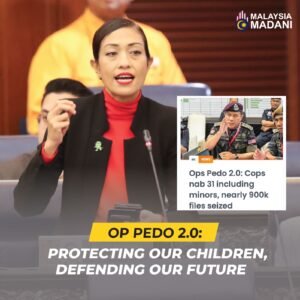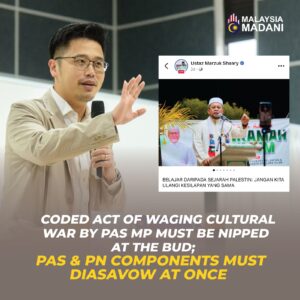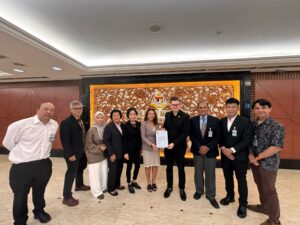Prime Minister Anwar Ibrahim’s initiatives outlined in the 2024 National Budget demonstrate a strategic approach to bolstering Malaysia’s economy and addressing the needs of its people. The focus on Empowering Investment for Growth involves significant collaboration between the Ministry of Investment, Trade, and Industry (MITI), the Malaysian Investment Development Authority (MIDA), and the newly formed Investment and Trade Coordination Action Committee (JTPPP). These entities aim to streamline investment-related processes. By facilitating both foreign and domestic investments in high-growth, high-value industries, the government seeks to stimulate economic growth, create employment opportunities, and foster a dynamic business environment.
The Sustainable Energy and Economic Transformation initiative aligns with Malaysia’s broader goals outlined in the National Energy Transition Roadmap (NETR) and the New Industrial Master Plan (NIMP) 2030. By introducing tax incentives to encourage companies to transition to a low-carbon economy, the government under Prime Minister Anwar is fostering sustainable practices and positioning Malaysia as an inclusive, sustainable, and carbon-neutral nation by 2050. This not only addresses environmental challenges but also propels Malaysia toward economic transformation by incentivizing investments in environmentally responsible practices.
The New Industrial Master Plan (NIMP) 2030 is a pivotal aspect of Anwar’s strategy to strengthen the economy. With a substantial allocation of RM200 million, the government aims to stimulate high-value activities. The reinvestment tax incentive encourages existing companies to reinvest in high-growth sectors, promoting diversification, automation, and modernization. By fostering these activities, the government envisions the creation of new economic clusters, providing a boost to domestic networks and ensuring economic sustainability.
Moreover, the focus on Global Services within NIMP 2030 through the Global Services Hub Incentive underscores Anwar’s commitment to maintaining Malaysia’s competitive edge. By offering tax rate incentives for services and trading income, the government encourages global businesses to operate within the country. This approach, based on an outcome-based model, provides sustained income tax rates, contributing to Malaysia’s economic resilience and fostering a conducive environment for international business.
The introduction of tax incentives to boost investments in high-value activities, particularly for the Pengerang Integrated Petroleum Complex (PIPC), and the development of a high-tech industrial area in Kerian, Northern Perak, further emphasize Anwar’s commitment to creating targeted high-value and high-tech clusters. These initiatives aim to enhance Malaysia’s competitiveness in key industries, fostering economic growth and job creation.
Lastly, the Green Initiatives, such as the enhanced Green Technology Incentive, demonstrate Anwar’s dedication to environmental sustainability. By introducing a tiered approach and including qualifying activities like Green Hydrogen, Electric Vehicle Charging Stations, and Wind Energy, the government supports Malaysia’s journey towards achieving net-zero greenhouse gas emissions by 2050. This not only aligns with global environmental commitments but also opens up opportunities for innovation and investment in green technologies.
In summary, Prime Minister Anwar Ibrahim’s 2024 initiatives present a holistic and comprehensive strategy for Malaysia’s sustainable growth, economic resilience, and the well-being of its citizens. By addressing economic challenges, promoting sustainable practices, and incentivizing strategic investments, Anwar aims to steer Malaysia towards a future marked by prosperity, environmental responsibility, and inclusivity.




